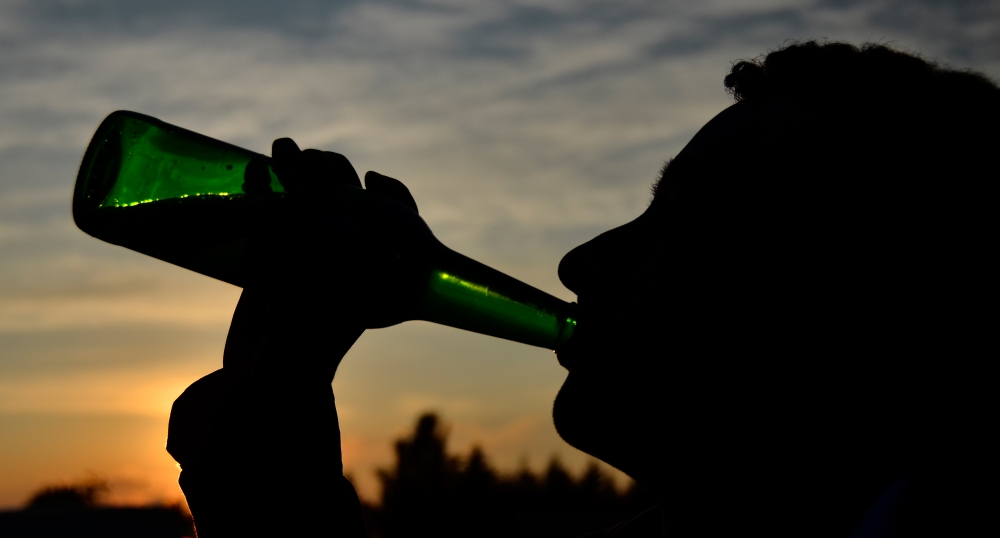Worrying rise in alcohol deaths in the North East in 2020
Deaths caused by alcohol in the North East increased by over 15% in the first nine months of 2020, according to provisional figures released today by the Office of National Statistics.
The increase comes as alcohol campaigners have been raising concerns about increased levels of harmful drinking during the pandemic.
In the first nine months of 2019 a total of 331 people in the region died from conditions 100 per cent attributable to their alcohol consumption, many of them from alcoholic liver disease. Last year that figure increased to 382 over the same period, with death rates rising to record levels.
The North East was already suffering from the highest rates of death caused by alcohol before the region was hit by the pandemic and the fear is the suffering will increase, especially amongst the most deprived communities.
In September, the Royal Society of Psychiatrists estimated that the number of higher risk drinkers in England had increased from 4.8m to 8.4m and they warned that treatment services wouldn’t be able to cope. Before Covid-19 only one in five dependent drinkers was able to access the specialist treatment they need.
According to Balance, the North East Alcohol Office, these provisional death figures could be the tip of an iceberg: “Surveys show that since the start of the pandemic many drinkers are turning to alcohol to cope – and it is heavier drinkers who are drinking even more,” said Balance director Colin Shevills.
“These death figures are extremely worrying – it is an early warning that we could have serious problems in both the short and long term if the Government doesn’t take action now to turn back the tide of alcohol harm.
“My fear is that in the coming years we will not only see increases in deaths from liver disease, but there will also be increases in conditions such as alcohol related cancers and heart disease.
“Short term, local authorities need increased sustainable investment so that they can provide the help that dependent drinkers need. Longer term, the Government needs to recognise that without tackling the affordability, availability and irresponsible marketing of alcohol as part of a new, evidence-based alcohol strategy, lives will be lost and health inequalities will continue to grow.”
These figures are also causing concern amongst those public health professionals who are in the front line when it comes to tackling the pandemic.
Alice Wiseman, director of public health for Gateshead and the alcohol lead for the Association of Directors of Public Health, said: “Treatment services across our region have been faced with unprecedented challenges during the pandemic and they have responded magnificently. During periods of lockdown, they have been incredibly flexible in providing dependent drinkers with the support they need.
“However, even before we were hit by Covid-19 we weren’t able to help everyone who needed our help. That will only get worse if we don’t get the resources we need to invest in our specialist treatment services.”
She added: “But we mustn’t stop at simply providing help to those people whose drinking has already become a problem. We need the Government to take a truly preventative approach to alcohol harm and that means taking action to change our alcohol culture, starting with tackling the problems caused by cheap alcohol.”
An estimate by Tony Rao, Visiting Clinical Research Fellow at King’s College London, found that more than 2.5million people are downing more than 50 units of alcohol a week compared to around 1.5m people before lockdown last March.
Balance has re-launched the Alcohol-Not the Answer campaign to raise awareness that drinking can weaken our immune system against infectious diseases like Covid, increase anxiety and depression and raise the risk of cancer, heart attack, and stroke.
